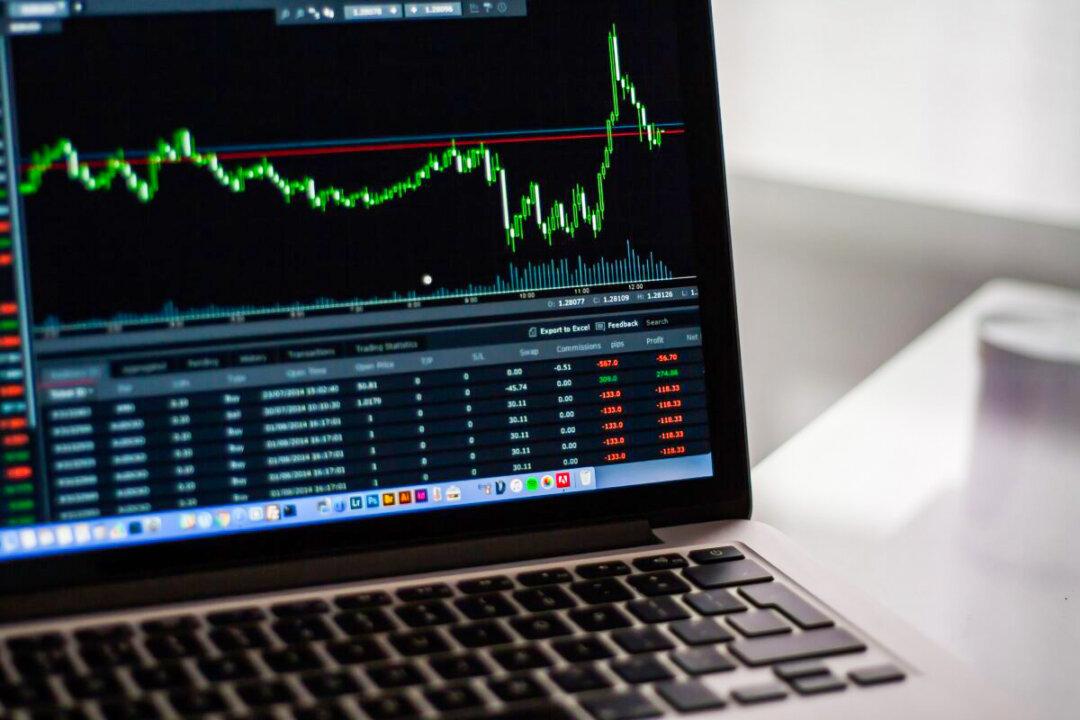The U.S. Securities and Exchange Commission (SEC) is used to going after insider traders, pump and dumpers, and fraudulent advisors. But yesterday, the federal regulatory agency went after a new group: retail investors.
The SEC posted a video on its YouTube channel encouraging retail investors (everyday people buying stocks) to do research before investing. The video is a 30-second clip, portraying a game show in which a contestant selects “Meme Stocks” and promptly loses his money and gets hit in the face with a pie.





